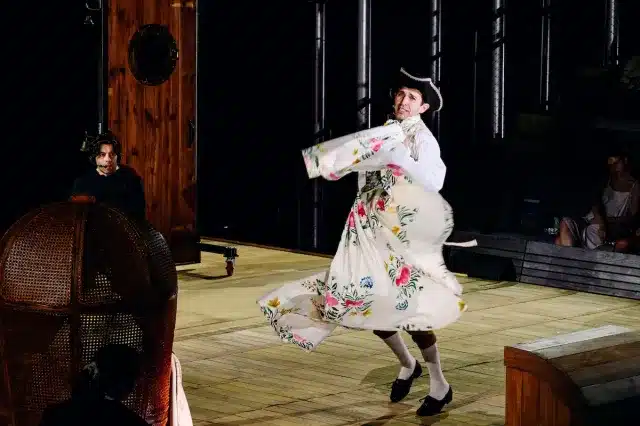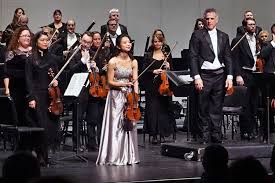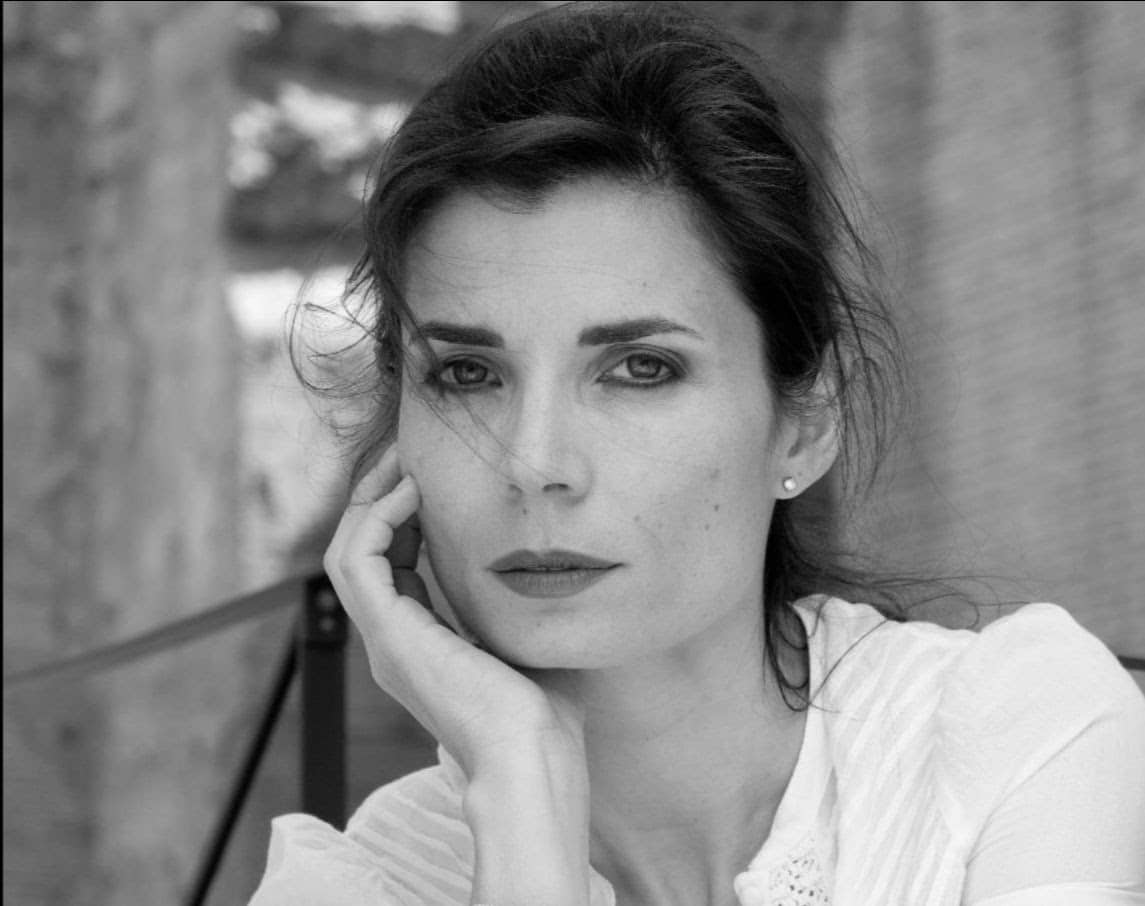Countertenor sings all 7 roles in Marriage of Figaro
OperaA report from slippedisc.com by Susan Hall:
The major event at New York’s Little Island this summer is an abbreviated version of Mozart’s Marriage of Figaro with all seven roles sung by premier countertenor Anthony Roth Costanzo. It is being performed through September 22. The Little Island ampitheater was packed with
people of all ages and colors.
The Little Island Figaro breaks out of the opera to perform parts of Beaumarchais’s play on which it is based. Costanzo’s range is remarkable. While the beauty of his voice is best heard in the female solos, he growls and crackles a bit three and a half octaves below as Figaro and the Count. Cherubino’s mezzo fits perfectly. What is striking is the illusion of the displaced voice. All the characters are miming on stage as Costanzo sings their roles. They are actors not singers. Great opera singers often can’t act. It helps if they do.
Voila. The problem is solved by the team of Costanzo joined by director Dustin Wills and music director Dan Schlosberg. We, the audience, place the voice in the actors’ mouths even when it’s coming from Costanzo.
Recently playwright Lucas Hnath staged a solo production by Tony-winning actress Deirdre Connell. The effect of a real voice of a real human being inhabiting an actress, body to the voice, makes compelling theater. You can imagine Marni Nixon singing for Audrey Hepburn in
My Fair Lady. Hepburn sings on film. Nixon stands in the studio recording the song to Hepburn’s lip movements and gestures. Final adjustments are made by recording technicians. That process is off-screen.
The delicate matching process in Hnath’s play takes place live before our eyes. Connell takes the ventriloquist’s dummy to a new level. No matter how much you love a taped voice, it is enhanced enormously when the voice is embodied.
Costanzo talks about singing ‘duet’ as disconcerting. He is singing one role on stage and drops a needle down on a recording of his own voice now displaced and singing with him. Schlosberg’s arrangement of the score is brisk and full of rhythm. He adds a saxophone solo.
The setting in which the amphitheater, usually enclosed in Greece, opened up to the Hudson River and the setting sun beyond is like an expansive Santa Fe opera where the back of the stage reveals the Jemez mountains. A universe is created, perfect for operatic performance.
When Beaumarchais contributed to the financing of the American Revolution, he must have anticipated this thoroughly engaging performance of his play turned into opera. Frankly, Mozart would have composed for movies if he were alive today.






Comments